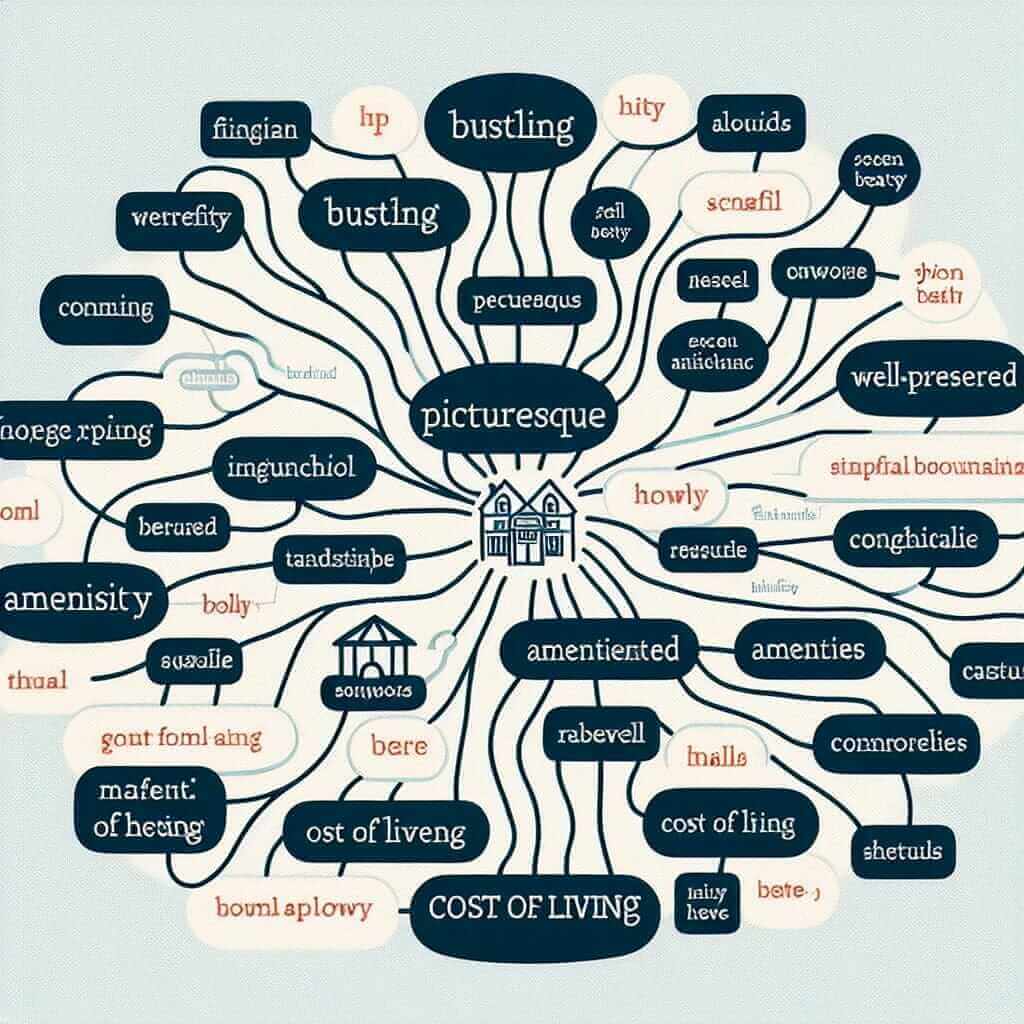Teaching IELTS to beginners can be a rewarding experience, but it also presents unique challenges. Beginners often arrive with varying levels of English proficiency, little to no knowledge of the IELTS exam format, and a mix of apprehension and enthusiasm. This guide, crafted from my 20+ years of experience, is designed to equip teachers with effective strategies to navigate these challenges and empower their students to thrive in their IELTS journey.
Understanding the Needs of IELTS Beginners
Before diving into teaching strategies, it’s crucial to understand the specific needs and challenges of IELTS beginners.
Common Challenges Faced by IELTS Beginners:
- Limited Vocabulary and Grammar: Beginners often lack the range of vocabulary and grammatical accuracy required for the IELTS exam.
- Unfamiliarity with Exam Format: The IELTS exam has a specific format with different sections and task types. Beginners might find this overwhelming initially.
- Test Anxiety: The pressure of performing well in a high-stakes exam can be particularly daunting for beginners.
Addressing the Challenges:
- Building a Strong Foundation: Focus on developing fundamental English language skills before delving into exam strategies. This includes expanding vocabulary, improving grammar, and practicing all four skills – listening, reading, writing, and speaking.
- Demystifying the IELTS Exam: Spend time familiarizing students with the exam format, question types, assessment criteria, and time management strategies.
- Creating a Supportive Learning Environment: Foster a positive and encouraging classroom atmosphere to boost confidence and reduce test anxiety.
Effective Teaching Strategies for IELTS Beginners
1. Building a Strong Language Foundation
Vocabulary Enhancement:
- Contextual Learning: Introduce new vocabulary in context, using authentic materials like news articles, short stories, or videos.
- Word Families and Collocations: Teach word families (e.g., employ, employment, employee) and common collocations (e.g., make a mistake, take a break) to enhance vocabulary usage.
- Regular Vocabulary Tests: Conduct regular vocabulary tests to reinforce learning and track progress.
Grammar Improvement:
- Focus on Common Errors: Identify and address common grammatical errors made by beginners.
- Interactive Grammar Exercises: Utilize interactive exercises and games to make grammar learning more engaging.
- Real-world Application: Encourage students to apply grammar rules in speaking and writing activities.
2. Introducing the IELTS Exam Format
Section-Specific Strategies:
- Listening: Introduce various accents, practice note-taking techniques, and familiarize students with different question types (e.g., multiple choice, sentence completion).
- Reading: Teach skimming and scanning skills, focus on understanding main ideas and supporting details, and practice different question types (e.g., True/False/Not Given, matching headings).
- Writing: Explain the structure and requirements of different essay types (e.g., argumentative, descriptive), teach cohesive devices and vocabulary for expressing opinions and arguments.
- Speaking: Conduct mock speaking tests, provide feedback on fluency, coherence, and pronunciation, and offer strategies for handling different question types (e.g., describing a person, discussing a topic).
Time Management:
- Practice Tests under Timed Conditions: Conduct regular practice tests under timed conditions to help students develop efficient time management skills.
- Break Down Tasks: Teach students to allocate time wisely for each section and question type.
3. Fostering a Positive Learning Environment
- Encourage Participation and Collaboration: Create a welcoming classroom atmosphere that encourages students to ask questions, participate actively, and learn from each other.
- Provide Constructive Feedback: Offer specific and actionable feedback on students’ performance, focusing on both strengths and areas for improvement.
- Celebrate Success: Acknowledge and celebrate student achievements, no matter how small, to boost motivation and confidence.

Example: Teaching Vocabulary for the IELTS Speaking Test
Theme: Describing Your Hometown
Vocabulary:
- Bustling: Full of activity and energy. (e.g., “My hometown is a bustling city with a vibrant nightlife.”)
- Picturesque: Visually attractive, especially in a quaint or charming way. (e.g., “We live in a picturesque village surrounded by rolling hills.”)
- Well-preserved: Maintained in good condition. (e.g., “The historical center of my city is well-preserved and attracts many tourists.”)
- Amenities: Useful facilities and services. (e.g., “My neighborhood offers a wide range of amenities, including a park, a library, and a shopping mall.”)
- Cost of living: The amount of money needed for basic expenses. (e.g., “The cost of living in my city is relatively high, especially for accommodation.”)
Activity:
- Introduce the vocabulary words using images, definitions, and examples.
- Ask students to work in pairs and describe their own hometowns using the new vocabulary.
- Have students share their descriptions with the class and provide feedback.
Conclusion
Teaching IELTS to beginners requires patience, dedication, and a deep understanding of both the language and the exam. By focusing on building a strong language foundation, demystifying the exam format, and fostering a positive learning environment, teachers can empower their students to approach the IELTS with confidence and achieve their desired results. Remember, the journey to IELTS success begins with a single step, and your guidance can make all the difference for your students.